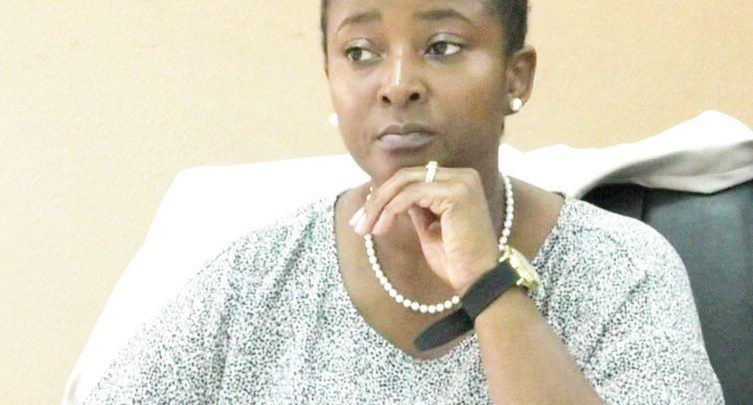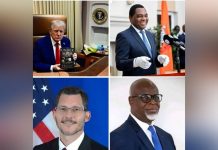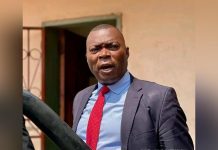Africa-Press – Zambia. International Monetary Fund (IMF) Resident Representative Farayi Gwenhamo has indicated that discussions on a fresh Extended Credit Facility (ECF) programme have delayed because of issues the fund needed to understand before the negotiations start.
Gwenhamo could not clearly spell out the issues but said the discussions would be conducted within the 2021/22 financial year. This follows a decision by the Tonse administration to cancel the programme last year on account of changes in policy by the new administration.
Previously both the fund and the government indicated that discussions on a new ECF would be conducted in April this year in order to align the programme to the 2021/22 National Budget. However, according to Gwenhamo, the fund has only been engaging in pre-mission talks with Treasury officials.
“There were a lot of issues that we needed to see and understand on our side before we could go into the discussions. The discussions we are having right now are not meant to inform the process of the ECF negotiations. On the actual dates of the mission discussions, I will get back to you but it will be within the next financial year,” Gwenhamo said.
In a recent interview Finance Minister Felix Mlusu said discussions on the programme were at an advanced stage. “We terminated the ECF which we found in government because it was going off-track; therefore, we wanted negotiate a fresh one with conditions that are acceptable to us and we fully understand and agree that those conditions are going to benefit the country,” Mlusu said.
The ECF provides financial assistance to countries with protracted balance of payment (BOP) problems. Recently, economic commentators tipped the government to lobby for investment and development assistance from the IMF when it negotiates a new ECF.
Last year the IMF disbursed about $192 million for emergency Covid support out of which $91 million were disbursed in May 2020 and $101 million in early October 2020. The first disbursement was entirely BOP support and the second disbursement was 70 percent BOP support and 30 percent budget support.







